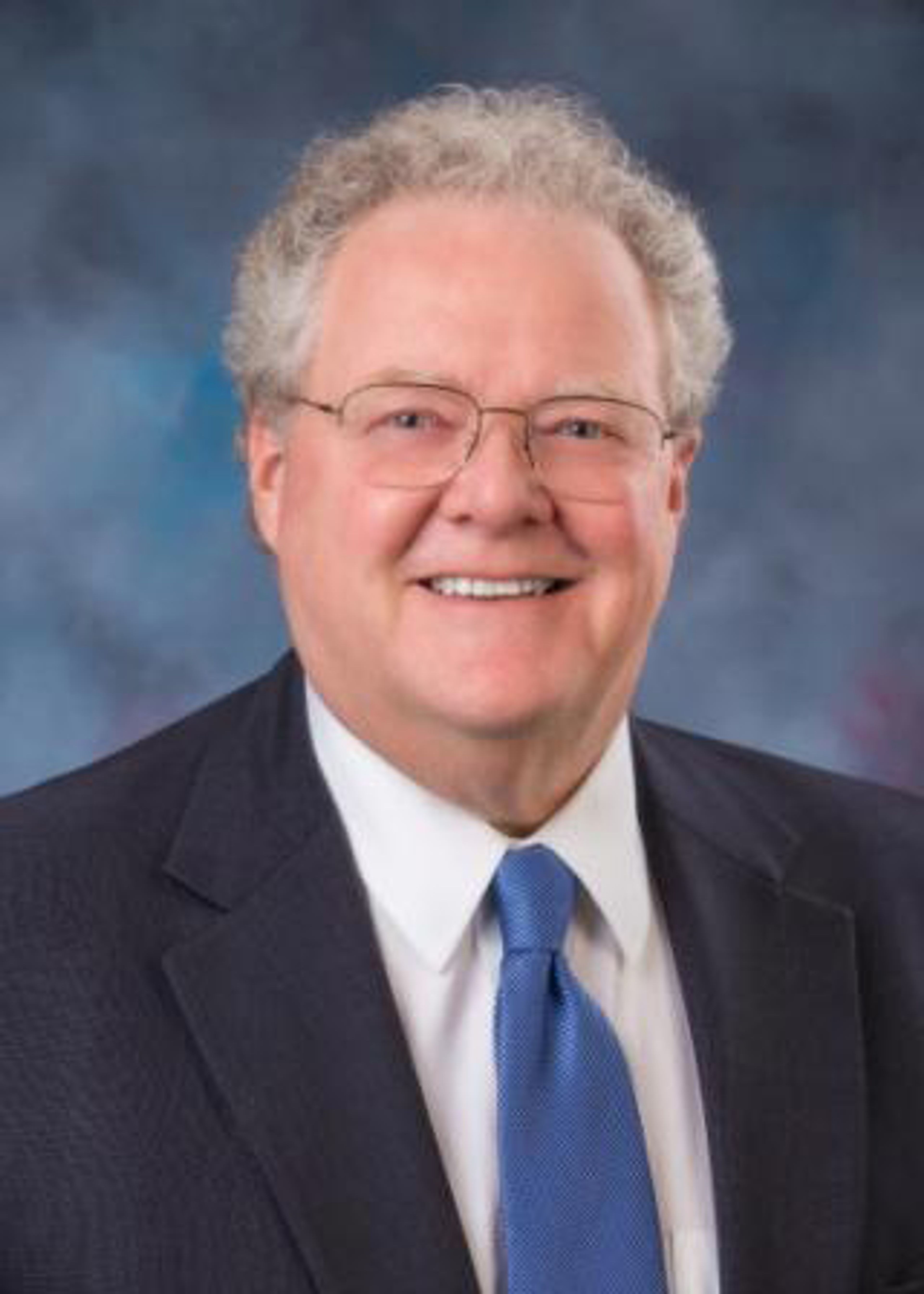Editorial: The Idahoan surfing the waves of partisanship
The Tribune’s Opinion
Congressman Russ Fulcher, R-Idaho, says it’s the times that are hyperpartisan, not him.
“While caucus organizations have an important role to play, in the current climate, bipartisan efforts are accomplished due to reputation and professional relationships with other members of Congress,” as his campaign put it to Betsy Russell of the Idaho Press last week.
Or that it’s House Speaker Nancy Pelosi’s fault.
“The speaker only hears bills in consideration of her party,” Fulcher’s campaign continued. “That has reduced incentives for Republicans to introduce legislation, and has ultimately led to a litany of extreme policy that passed the House just to die in the Senate.”
That’s quite a difference from the fellow who went to Washington, D.C., almost two years ago, pledging to find common ground: “I want to be able to have a conversation with anyone in Congress, and have them know me on a first-name basis,” he said. “I might not have a lot in common with some of them, but a lot of coalition-building can be done by individuals who don’t necessarily have things in common.”
Nonetheless, if Congress is facing a wave of partisanship, the 1st District congressman finds himself riding its crest — and the company he’s keeping includes some of the most extreme members of the left and the right.
So notes Fulcher’s Democratic challenger, Rudy Soto, who cites a joint study from the Lugar Center of Washington, D.C., and the McCourt School of Public Policy at Georgetown University. Their annual Bipartisanship Index, which measures how often Republicans and Democrats cross the aisle to sponsor or cosponsor legislation, places Fulcher as the 422nd least bipartisian member — out of 437. The House has 435 members, but vacancies filled by special elections account for the higher number.
That puts Fulcher in the same league as the “squad” — liberal Democratic Congresswomen Alexandria Ocasio-Cortez of New York ranked 426th), Ilhan Omar of Minnesota (425th), Ayanna Pressley of Massachusetts (428th) and Rashida Tlaib of Michigan (415th).
Also sharing the bottom rungs with the Idaho Republican are such House Freedom Caucus stalwarts as Congressmen Jim Jordan Ohio (ranked 434th), Louie Gohmert of Texas (431st) and Steve King of Iowa (411th), who just lost his reelection bid.
Fulcher won’t find cover among his colleagues from Idaho or from congressional districts that share a border with his own. Among them:
l Rep. Cathy McMorris Rodgers, R-Wash. —28th.
l Rep. Mark Amodei, R-Nev. — 131st.
l Rep. Dan Newhouse, R-Wash. — 197th.
l Rep. Greg Walden, R-Ore. — 199th.
l Rep. Mike Simpson, R-Idaho — 271st.
l Rep. Greg Gianforte, R-Mont. — 356th.
Even accounting for Gianforte, their average score is about half that of the Idaho freshman.
Fulcher’s voting record adds to his status as a partisan outlier.
Earlier in his term, 357 members of Congress — including Simpson, McMorris Rodgers and 147 other Republicans — expressed congressional support for NATO. Why did Fulcher vote no?
Why was Fulcher among a handful of Republicans in March who voted against an early economic aid package in response to the COVID-19 pandemic?
When Simpson and McMorris Rodgers joined a majority of House members by voting to remove statues depicting Confederate leaders from the nation’s Capitol, why did Fulcher vote no?
For that matter, why did Fulcher join the fringe in opposing the Great American Outdoors Act?
Nor would you find the likes of Simpson or McMorris Rodgers joining Fulcher and about 30 Republicans last October when they barged into a secure hearing room — in breach of House and security rules — to disrupt House hearings into President Donald Trump’s alleged shakedown of Ukrainian President Volodymyr Zelensky for information on former Vice President Joe Biden.
When that investigation led to a House impeachment vote against Trump, Fulcher went to the limit once more.
“In a day heavy in verbal debate, I choose to use my time to enumerate in detail every high crime and misdemeanor committed by the president of the United States. I will do so now,” he said. Fulcher then mocked the proceedings with about 20 seconds of silence.
Nobody is disputing Fulcher’s characterization of the times as polarized.
But what is he doing to solve the problem? — M.T.








